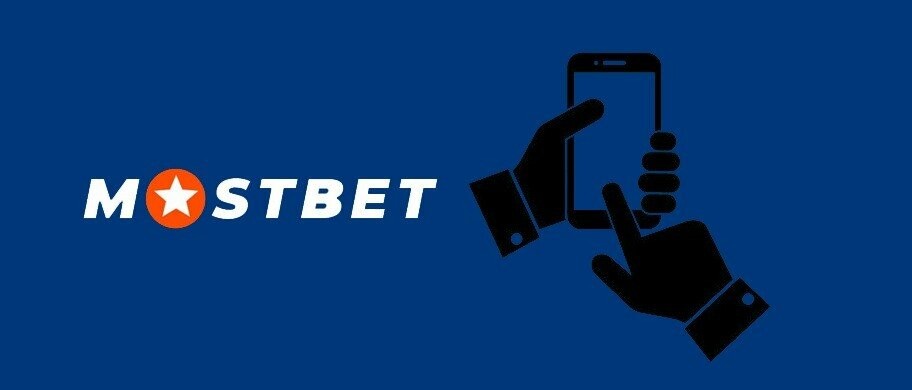
Top Tips for Beginners in Various Hobbies and Skills
Starting something new can be daunting, but it’s also exciting. Here are some Top tips for beginners in online poker 2025 Mostbet valuable tips to ease you into different hobbies and skills, ensuring you have a fulfilling and enjoyable learning experience.
1. Cooking
Cooking is an essential skill that can be both fun and practical. Here are some foundational tips for beginners:
- Start Simple: Begin with easy recipes that require minimal ingredients and steps. This builds confidence.
- Invest in Quality Utensils: Good knives and pans can significantly improve your cooking experience.
- Learn Basic Techniques: Master fundamental skills like chopping, boiling, and frying to develop your cooking abilities.
- Read Recipes Thoroughly: Before you start cooking, read the entire recipe to avoid surprises.
- Don’t Be Afraid to Experiment: Cooking is as much about creativity as it is about following rules. Feel free to tweak recipes!
2. Gardening
Gardening can be a rewarding hobby that connects you with nature. Here’s how to get started:
- Understand Your Environment: Research the climate and soil quality of your area to select suitable plants.
- Start Small: Begin with a few plants or a small garden bed to avoid feeling overwhelmed.
- Learn about Plant Care: Different plants have varying needs for water, light, and nutrients. Educate yourself on their requirements.
- Be Patient: Gardening is a waiting game. Plants take time to grow, and you will learn as you go.
- Join a Community: Engage with local gardening clubs or online forums to share tips and seek advice.

3. Programming
Diving into the world of programming can be overwhelming, but with the right approach, you can succeed:
- Pick a Language: Choose a beginner-friendly programming language like Python or JavaScript.
- Utilize Online Resources: Websites like Codecademy, freeCodeCamp, and Coursera offer great free courses.
- Practice Regularly: Consistency is key in learning to code. Dedicate time each day to solve problems or build projects.
- Work on Real Projects: Apply your skills by working on small projects that interest you. This solidifies your knowledge.
- Join Coding Communities: Platforms like Stack Overflow or GitHub allow you to ask questions and collaborate with others.
4. Fitness
Starting a fitness journey can transform your health and well-being. Here are some beginner-friendly tips:
- Set Achievable Goals: Set realistic and specific fitness goals to help keep you motivated.
- Find Activities You Enjoy: Whether it’s dancing, hiking, or weightlifting, choosing enjoyable activities makes it easier to stay consistent.
- Start Slow: If you’re new to exercising, start with low-impact workouts to prevent injury.
- Stay Hydrated: Drink plenty of water before, during, and after your workouts.
- Stay Accountable: Share your fitness goals with friends or consider working out with a buddy.
5. Learning a New Language
Learning a language opens up new cultures and opportunities. Follow these tips to enhance your language learning:

- Daily Practice: Dedicate time each day, even if it’s just 15 minutes, to practice.
- Listen and Repeat: Use language learning apps that emphasize listening and pronunciation, like Duolingo or Rosetta Stone.
- Engage with Native Speakers: Engage in conversation practice with native speakers through language exchange platforms.
- Watch Movies and Read: Immerse yourself by watching movies or reading books in the language you’re learning.
- Be Patient and Persistent: Language learning is a gradual process. Celebrate small milestones along the way.
6. Photography
Photography is both an art and a skill that can be incredibly rewarding. Here’s how beginners can get started:
- Understand Your Equipment: Familiarize yourself with your camera’s settings, whether it’s a smartphone or a DSLR.
- Learn the Basics of Composition: Study composition rules such as the rule of thirds and leading lines to improve your photos.
- Practice Regularly: The more photos you take, the better you’ll become. Experiment with different styles and subjects.
- Edit Your Photos: Use software like Lightroom or Photoshop to enhance your images and develop your style.
- Join Photography Groups: Connecting with fellow photographers can provide feedback and inspire you.
7. Writing
Writing is an invaluable skill, whether for personal expression or professional purposes. Consider the following:
- Establish a Writing Routine: Set aside dedicated time to write each day or week to cultivate a consistent practice.
- Read Widely: Read a variety of genres to expose yourself to different writing styles and ideas.
- Join a Writing Group: Participate in or form a writing group for feedback and support.
- Practice Writing Prompts: Use writing prompts to spark creativity and overcome writer’s block.
- Edit Ruthlessly: The first draft doesn’t have to be perfect. Focus on revision to polish your work.
Conclusion
Embarking on a new hobby or skill can be a fulfilling journey. Remember, all great experts were once beginners. Follow these tips to help guide you as you learn and grow. Each step you take will bring you closer to mastery, so stay encouraged and enjoy the process!
